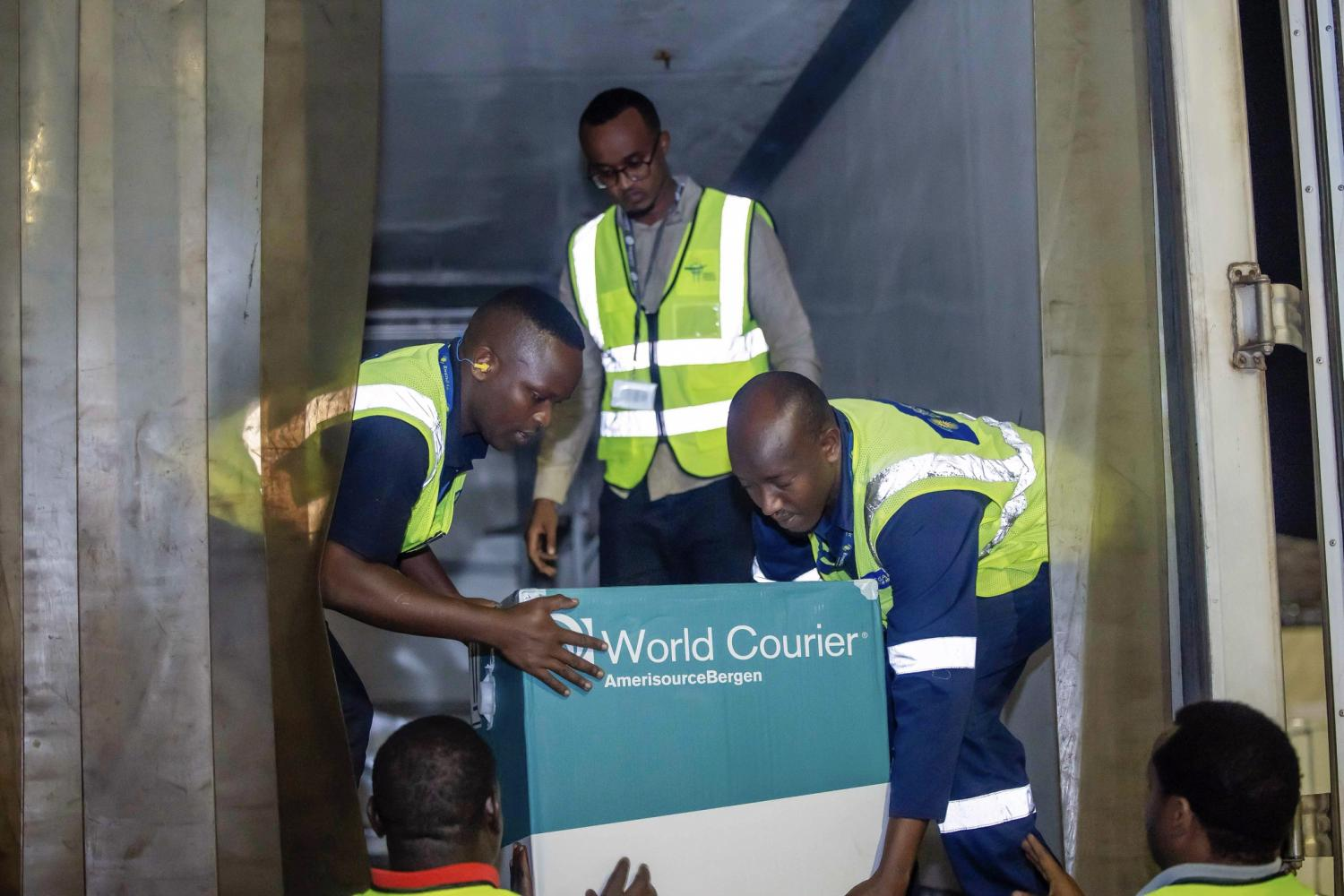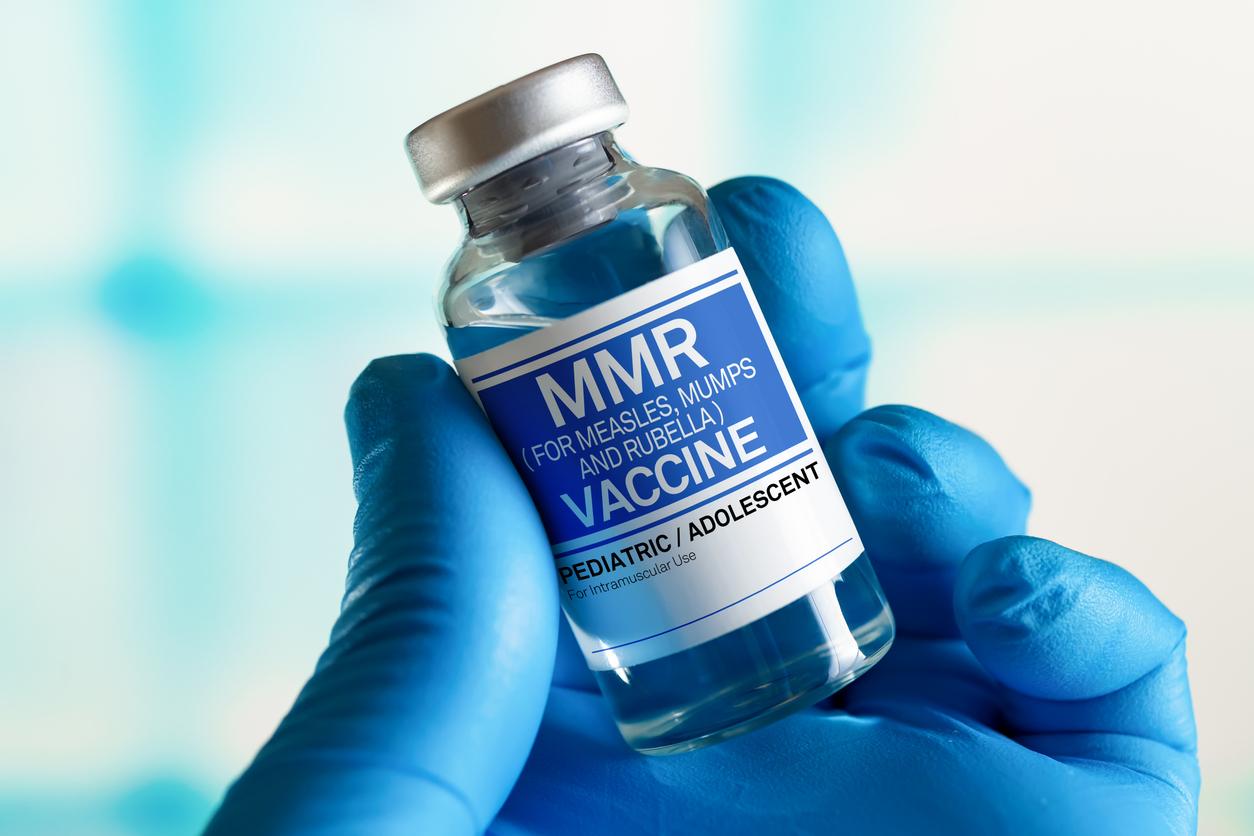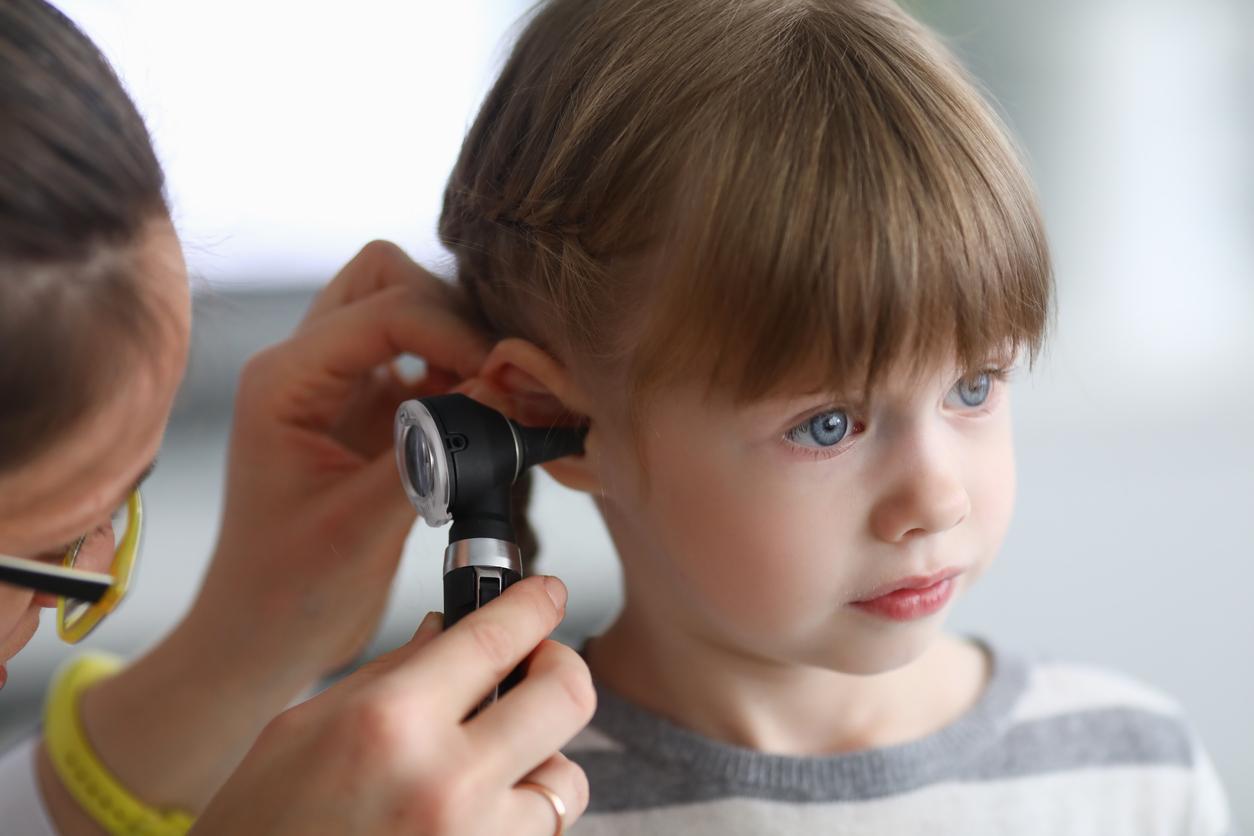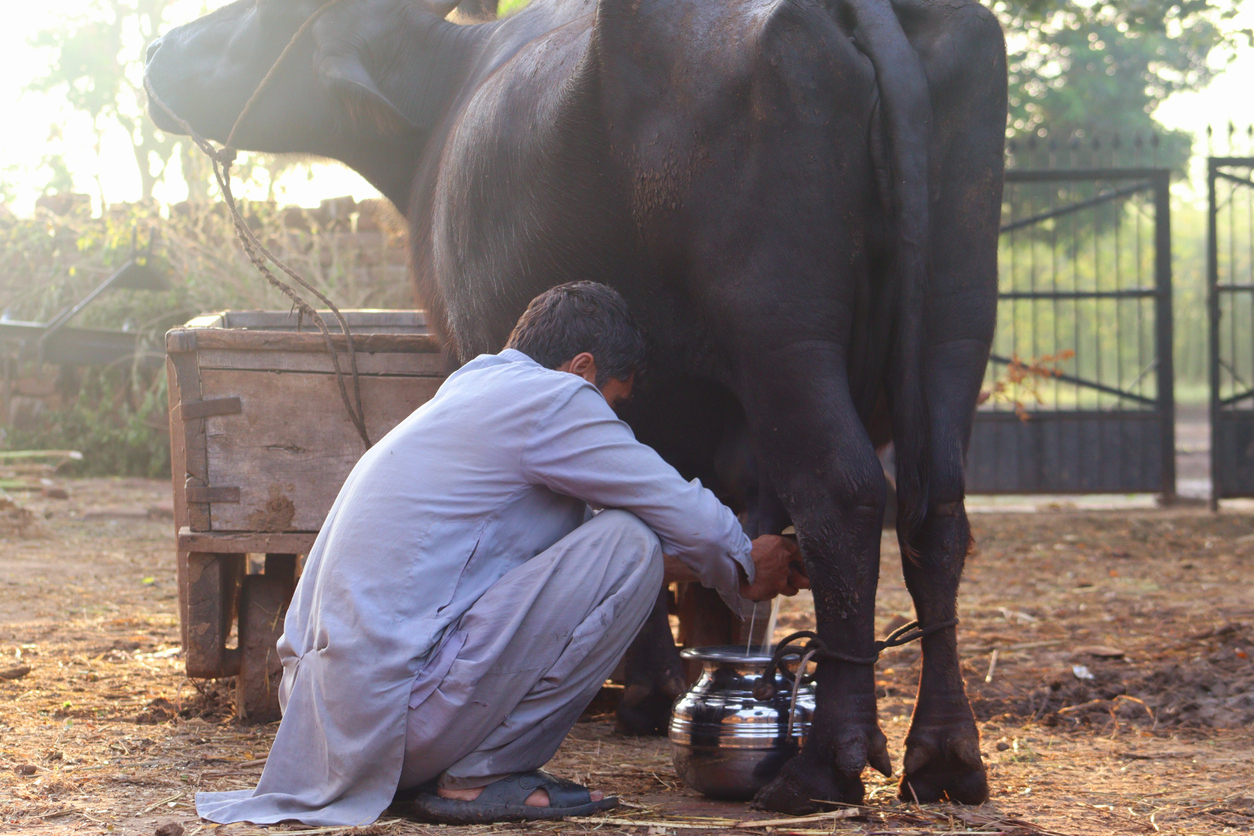
Eight suspected cases of viral hemorrhagic fever of unidentified cause in Ethiopia have prompted the World Health Organization (WHO) to dispatch a team of responders and deliver medical supplies to the southern part of the country, near its border with South Sudan.
In a news release today, WHO Africa said that Ethiopian health authorities are ramping up their response and conducting lab tests to identify the cause of the infection and stop further transmission.
"To support the national authorities, WHO is deploying a multi-disciplinary team of 11 technical officers with experience in responding to viral haemorrhagic fever outbreaks to help strengthen disease surveillance, investigation, laboratory testing, infection prevention and control, clinical care, outbreak response coordination and community engagement," the WHO wrote.
Ethiopia's Health Ministry will likely announce the results of the ongoing investigation tomorrow, according to media reports.
Provision of personal protective equipment, financial aid
The WHO is providing essential supplies such as personal protective equipment for healthcare workers, infection-prevention materials, and a rapidly deployable isolation tent to improve clinical care and boost management capacity.
WHO is deploying a multi-disciplinary team of 11 technical officers with experience in responding to viral haemorrhagic fever outbreaks.
The organization has also released $300,000 from its Contingency Fund for Emergencies to provide immediate support and is marshaling technical capacity to support the response.
Viral hemorrhagic fevers, a group of epidemic-prone diseases caused by several distinct families of viruses, include Marburg, Ebola, Crimean Congo hemorrhagic fever, and Lassa fever.
Signs and symptoms vary by virus, but initially they often include high fever, fatigue, dizziness, muscle aches, weakness, and exhaustion. All cases, whether single or in clusters, should be immediately reported to health authorities without waiting for identification of the causative pathogen, the WHO said.













